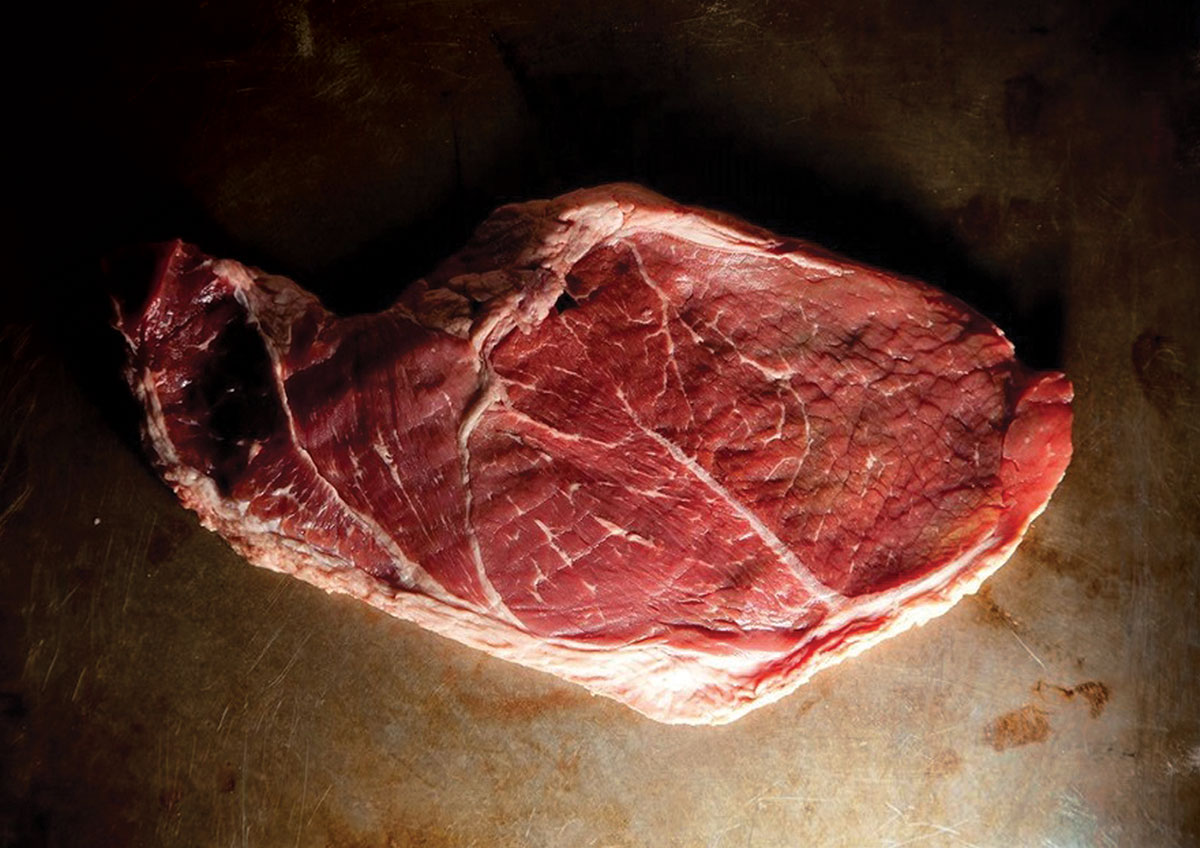Is it right to limit protein in the diet of our carnivorous pets? Can it cause a problem in their body? In recent years, this issue has preoccupied many guardians and it is a “myth” that is maintained mainly by internet sources.
The reason we call it a “myth” is because there is no official research, literature or experiments to prove that elevated levels of animal protein are harmful to the dog or cat. On the contrary, dozens of studies around the world have shown that a diet rich in animal protein plays an important role in the health and well-being of dogs and cats.
The term “animal” is the key word, as guardians often make the mistake of looking at the percentage of protein on the packaging of a dry food, rather than looking at the amount of meat in the food. If the proteins are of plant origin, then the percentage of proteins in the respective package is “artificially” increased, but they can cause various problems in the organism of a very healthy pet.
If, however, the proteins are of animal origin and especially of high quality meat, then not only is there no cause for concern, but it has been confirmed through experiments that such a diet is even capable of improving the functioning of vital organs of the pet, such as kidneys.
It should be understood, then, that restricting protein in the diet of a carnivorous animal can cause more harm than good and is likely to put your pet at risk.








